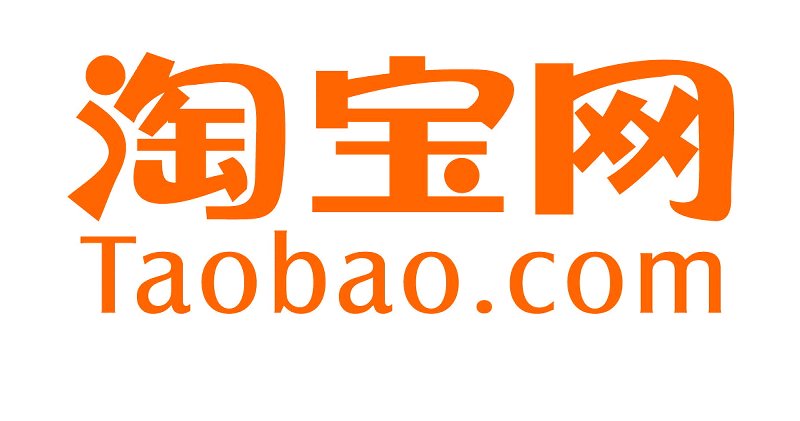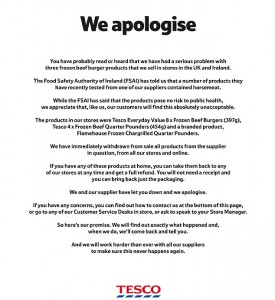So, we talked about false advertising in today’s lecture and the professor mentioned about unethical marketing. I thought Shiyu’s blog, “False Advertising Makes Market a Mess,” was interesting. I remembered some people were saying that although the burgers that MacDonald’s offer look different from the pictures on the advertisement, people still buy them. In this case the difference between the actual product and the ads does not really influence people’s buying decision.
However, I believe in other cases, such difference does influence the consumers and can even negatively damage the company’s image.
For example, Online Clothing Shop. A lot of the time when we received clothes or apparels that we shopped online, they look very different from the displayed pictures.
(I’m not saying that the model in the above picture is misrepresenting the actual products; this is just an example of the type of photos that Asian sellers use)
I used to operate online shops on Facebook few years ago and this was a serious problem that I had to face. There were many sellers on TaoBao (a Chinese platform where people can sell or buy whatever they want) who posted model pictures that looked really nice and high-quality. But once I received the products, I was often disappointed by the quality and color difference. And as a result I deleted those sellers from my supply list right away because I did not want to sell products that look totally different from the model pictures.
I think false marketing is a problem that really need close attention because we as the buyers suffer as a result of their misrepresentation of products.
With businesses that operate like this, they won’t be able to last for a long time. We all know that right now the market trends have moved from transaction-oriented to relationship-oriented. If we sell merchandises that are different from our ads, consumers won’t come and purchase again. Being able to retain the consumers is significant and if the companies cannot achieve that goal, they simply won’t survive in the long run.





